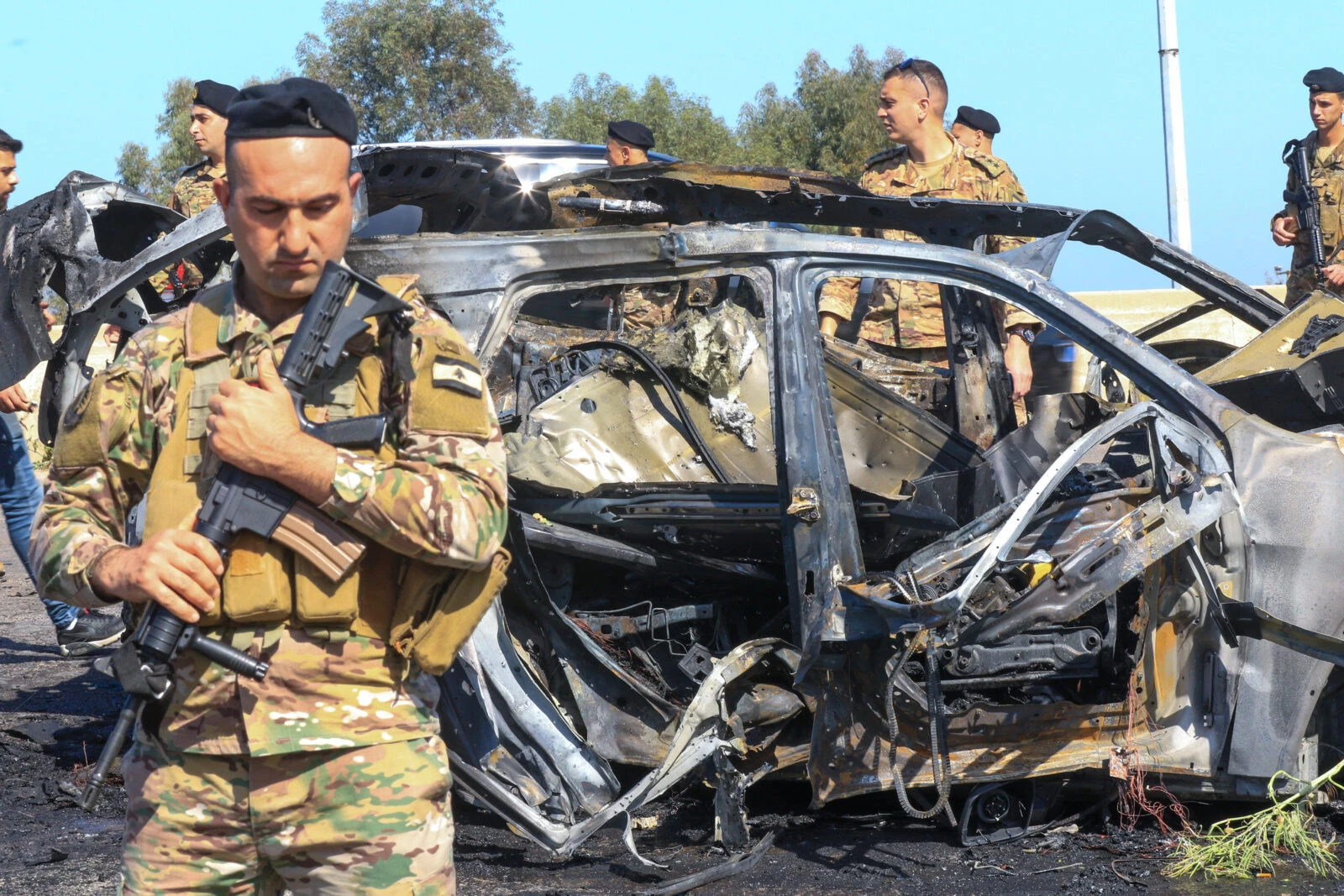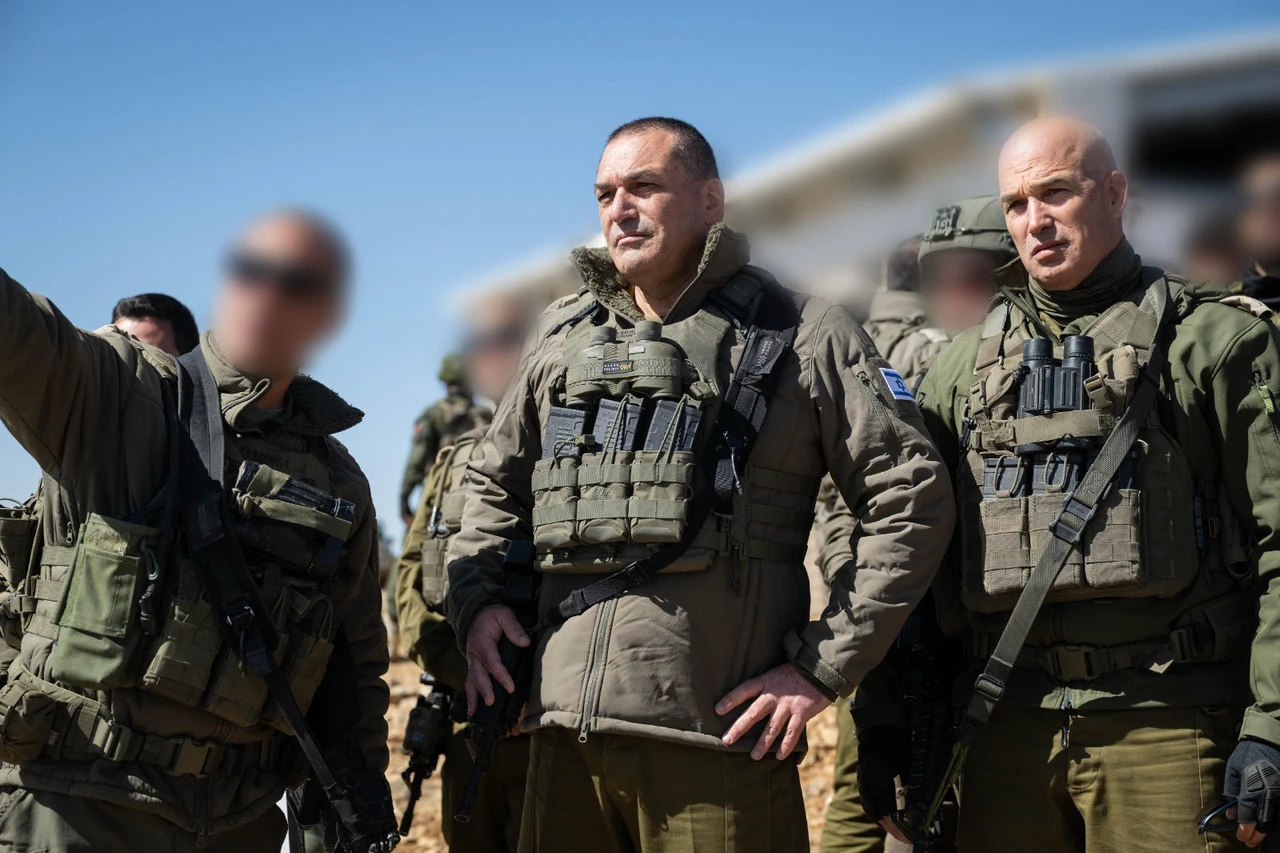Lebanon’s president vows to bring all weapons under state control
 Newly elected Lebanese president Joseph Aoun poses for a photograph at the presidential palace in Baabda, east of Beirut on January 9, 2025. (AFP Photo)
Newly elected Lebanese president Joseph Aoun poses for a photograph at the presidential palace in Baabda, east of Beirut on January 9, 2025. (AFP Photo)
Lebanese President Joseph Aoun announced Sunday that the country will place all weapons under state control, though he indicated the timeline and implementation would depend on “the right conditions.”
“The Lebanese people do not want war, and therefore the armed forces are the only body responsible for Lebanon’s sovereignty and independence,” Aoun said following a meeting with Maronite Patriarch Cardinal Bechara Boutros Al-Rai.
The president’s comments mark a significant development in addressing the longstanding issue of Hezbollah’s weapons arsenal, which has operated outside state control for decades.
“We will place the weapons under state control, but we are waiting for the right conditions to determine how this will be done,” Aoun stated, adding that the state will deal with Hezbollah’s weapons “with vision and responsibility.”
Hezbollah, the Iran-backed group and political party, did not immediately respond to Aoun’s comments.
Lebanese president suggests Hezbollah integration into Lebanese army
This announcement follows Aoun’s earlier interview with the London-based Arabic outlet The New Arab, where he vowed to place all weapons under state control in 2025. During that interview, he suggested that Hezbollah members could potentially join the Lebanese army and “undergo integration training.”

The move comes amid growing international pressure on Lebanon to disarm Hezbollah following the November ceasefire agreement that ended more than a year of cross-border clashes with Israel.
U.N. Security Council Resolution 1701, adopted in 2006, called for the disarmament of all armed groups in Lebanon, including Hezbollah, as part of efforts to establish lasting peace in the region.
According to Lebanese authorities, Israel has violated the truce more than 2,763 times, resulting in at least 193 deaths and 485 injuries. Under the ceasefire agreement, Israel was supposed to fully withdraw from southern Lebanon by January 26, but the deadline was extended to Feb. 18 after Israel refused to comply. Israel still maintains a military presence at five border outposts.
“This is essential to preserving civil peace, and I will take responsibility for it in cooperation with the government,” Aoun said regarding the weapons issue.



